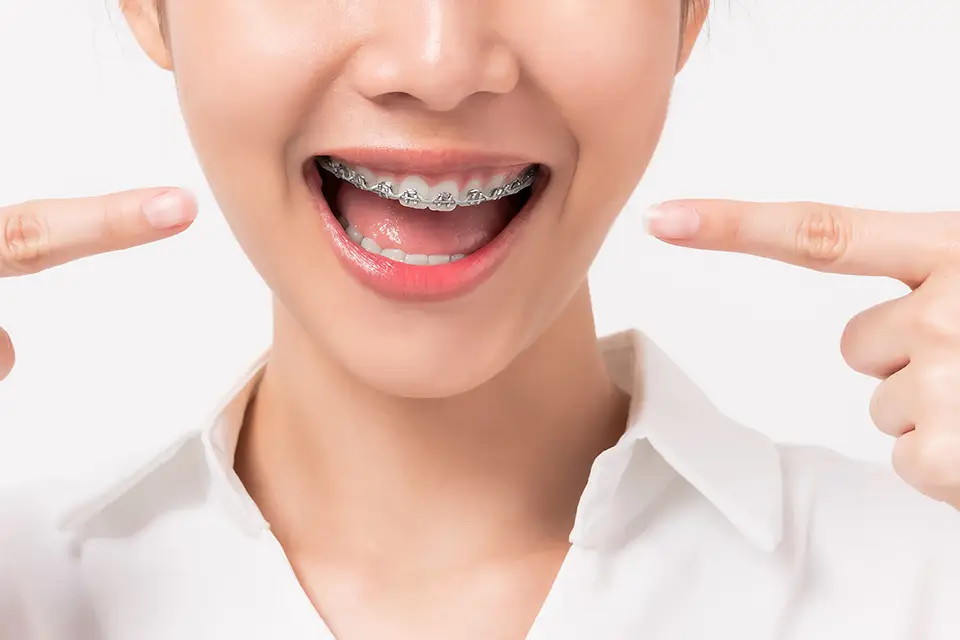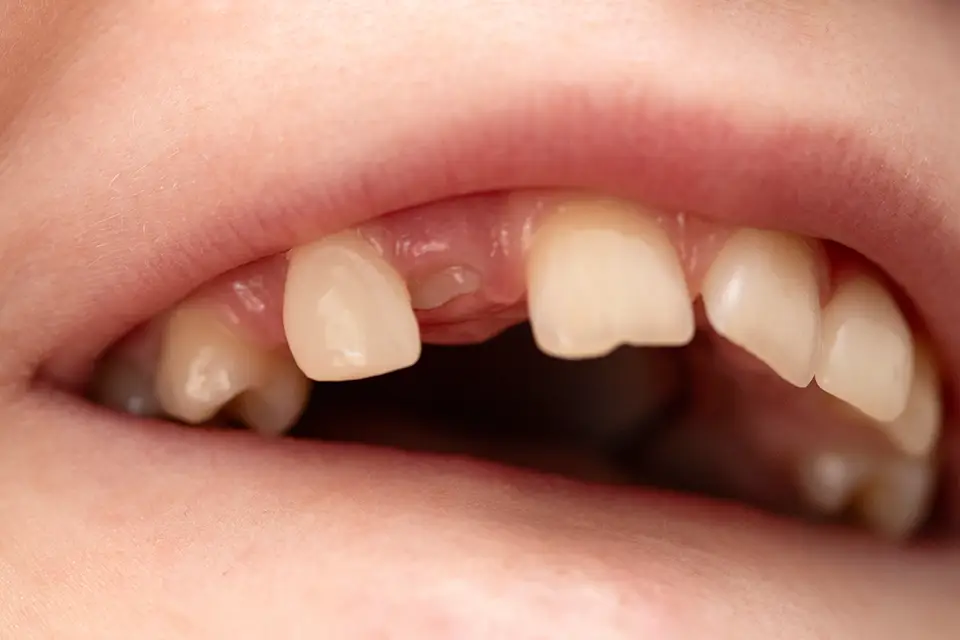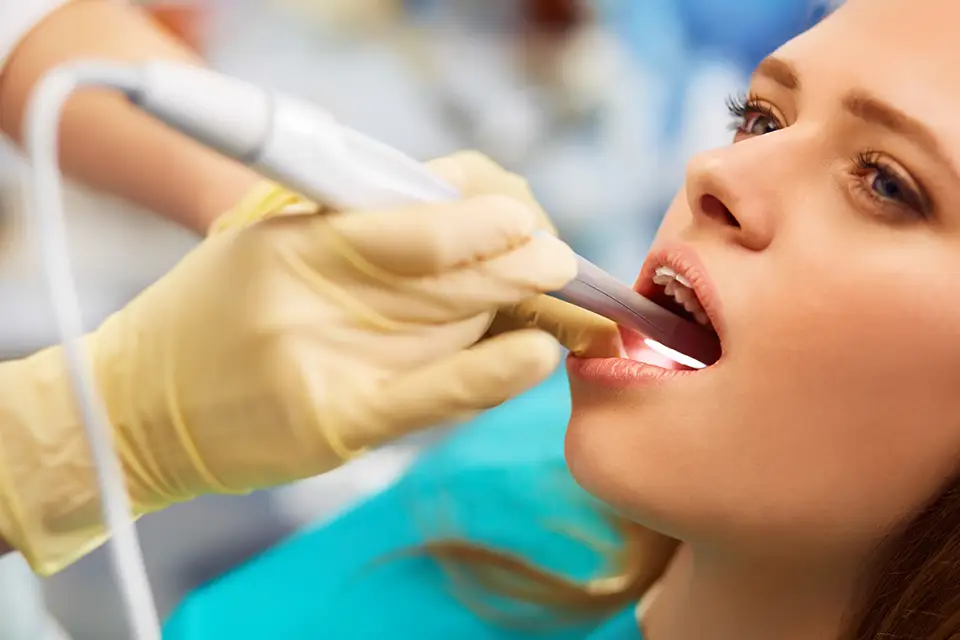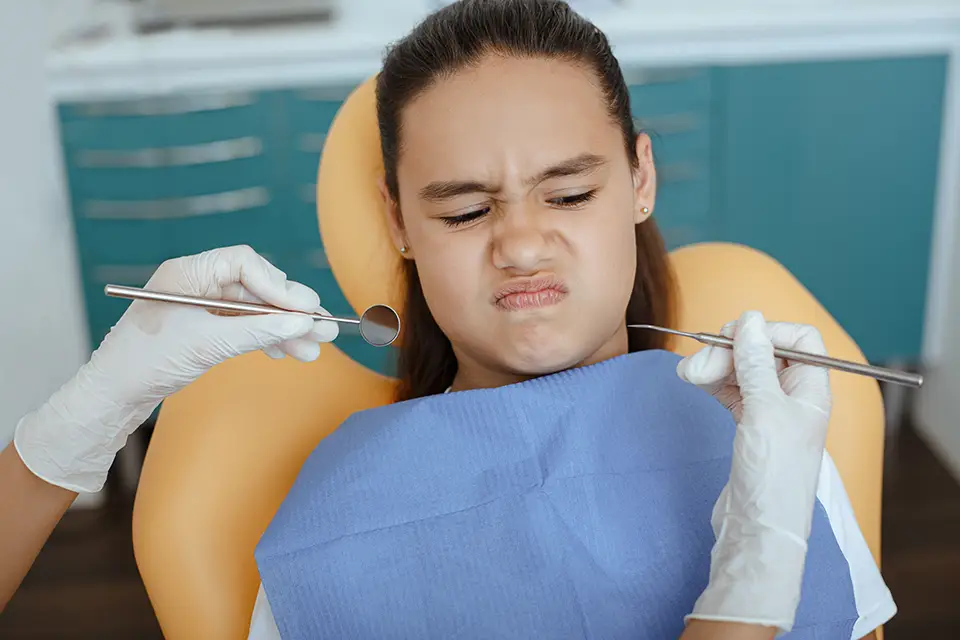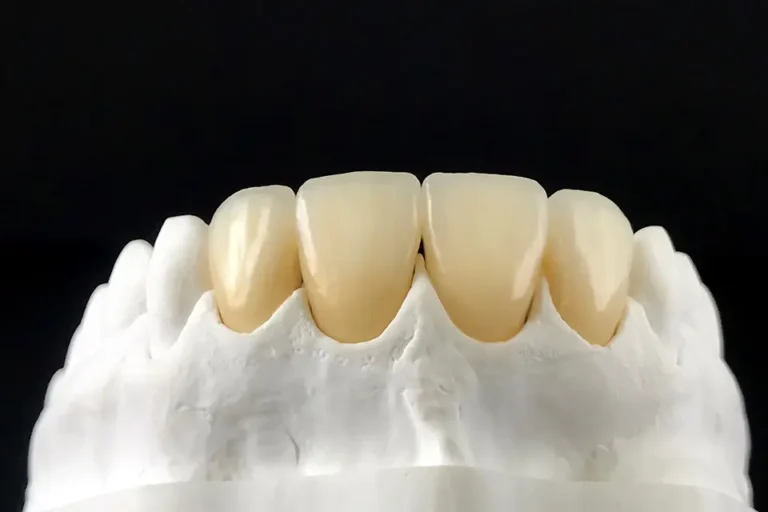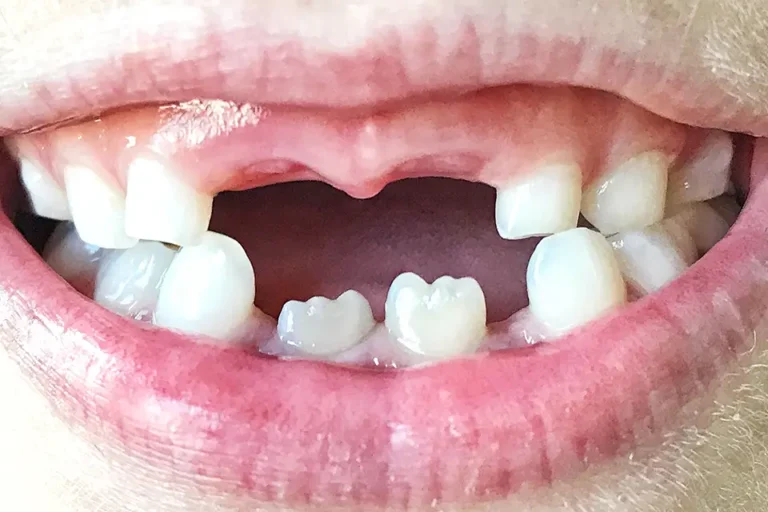At Zara Dental in Houston, Texas, we are here to provide high-quality dental care in a welcoming environment. One of the specialized services we offer is tori removal, a procedure many of our patients have questions about. Furthermore, in this blog post, we’ll look at what tori are, why they may need to be removed, and what you may expect during the procedure at Zara Dental.
What Are Tori?
Tori are benign bone growths that appear in the mouth. They typically develop on the lower jaw (mandibular tori) or the roof of the mouth (palatal tori) and range in size. Moreover, tori are usually harmless and do not require treatment. However, they can occasionally interfere with oral functions or denture placement, necessitating tori removal.
When Is Tori Removal Recommended?
Zara Dental recommends tori removal for several reasons:
- Interference with Oral Functions: If they are very huge, Tori can make it difficult to speak, eat, or swallow. In such circumstances, removal can help restore comfort and functionality.
- Denture Fitting: Tori can prevent dentures from fitting correctly. In addition, removing the tori can result in a more comfortable fit, which is essential for denture wearers.
- Oral Discomfort: Tori can occasionally cause discomfort, especially if they are prone to irritation or injury from biting or chewing. Moreover, removing them can considerably enhance oral comfort.
The Tori Removal Procedure at Zara Dental
- Consultation and Evaluation: The first step in the tori removal process is a comprehensive consultation and evaluation at Zara Dental. Our dental team will take detailed X-rays and possibly CT scans to assess the size and location of the tori. In addition, this step is critical for developing a safe and successful removal procedure.
- The Removal Process: Tori removal is conducted under local anesthesia, which means you will be conscious but not in pain. If you are nervous about dental operations, Zara Dental also provides sedation to help you relax.
The tori removal procedure at Zara Dental involves making a small incision over the torus to expose the bone. Our skilled dental team then uses specialized dental instruments to remove bone growth precisely. They will smooth the area and close the incision with stitches. In addition, this procedure is conducted under local anesthesia, ensuring you are comfortable throughout.

Recovery and Aftercare
After tori removal, the recovery process is typically straightforward. You may experience minimal discomfort, which you can easily manage with over-the-counter pain relievers. We will provide comprehensive aftercare instructions to ensure a quick and easy recovery. Moreover, these include dietary recommendations, oral hygiene practices, and a follow-up schedule to monitor your healing.
Why Choose Zara Dental for Tori Removal?
Choosing the best dental practice for any procedure is critical. Furthermore, at Zara Dental in Houston, Texas, we pride ourselves on our:
- Expertise: Our dental team has extensive experience in tori removal that is both safe and effective.
- Technology: We use cutting-edge dental technology to ensure precise and comfortable procedures.
- Patient Care: We recognize that going to the dentist can be stressful. Our staff is committed to making your experience as relaxing and stress-free as possible.
Final Thoughts
Tori removal can significantly improve oral health and comfort, especially if the tori are causing discomfort or hindering normal function. If you believe you could benefit from this procedure, contact Zara Dental in Houston, Texas, to arrange a consultation. Furthermore, our team is here to support you throughout the process, providing the care and assistance you need.
Remember, your comfort and well-being are our top priority. So, allow us to help you achieve a healthier, more comfortable smile!



